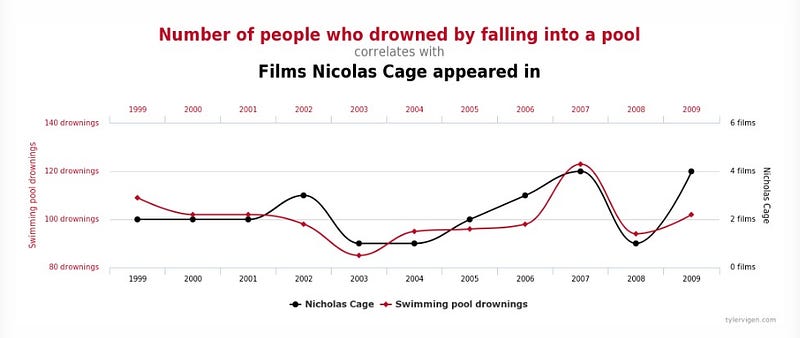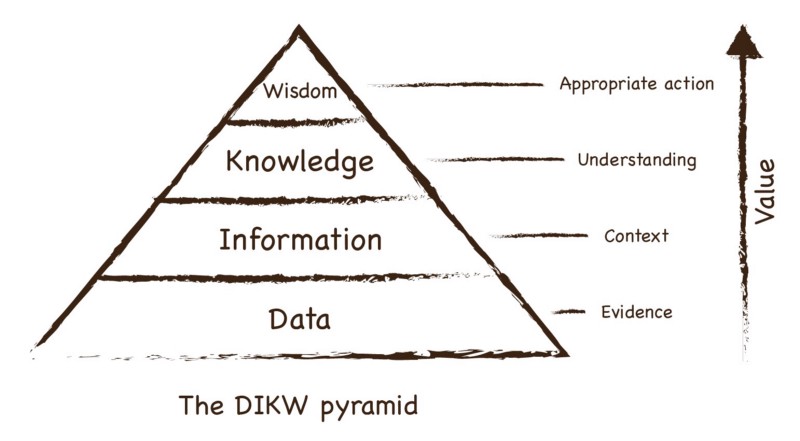There is a wealth of data created about the communities that we live in, and although this data is publicly available, many of us simply don’t know it exists — let alone how to access it.
Open Data Manchester is developing a series of free workshops that attempt to demystify the world of data and give an introduction to the sort of things are available online, as well as some simple tools that enable users to access this data. These workshops are specifically designed as an introduction for councillors, community workers, activists or anyone else interested in how data can be used for good.
We ran the first of these workshops in early November, in partnership with Wigan Council. Consisting of a mixture of presentation and practical exercises, the aim was to take participants through the basics of what data is, and give them experience of using some readily available online tools.
Below is an example of how we explained the basics of data to participants with a useful visual guide that shows data as a pyramid split into four layers. It explains how we can begin to get value from our data by adding context in order to understand it, which then enables us to take appropriate action.

We were careful to explain what data can and cannot do — it can be useful to support your research and help you to ask questions, but it will not be an answer in and of itself. Understanding what data is and isn’t available, what has been collected and what is missing is very important. As is the notion that correlation does not always equate to causation, as demonstrated in the graph below.

We also wanted to give participants some hands-on experience of accessing data. We began by showing some online data resources that are easy to access, such as:
- Police.uk — crime and policing statistics
- Nomis — official labour market statistics
- GrantNav — UK grant data
- MappingGM — mapped data of Greater Manchester
These sites worked well in the workshop, as the data is readily available in visual form — graphs, tables, interactive maps with many able to export as a handy image file, with no need to deal with jsons, csvs, tableau etc.
The second half of the workshop consisted of practical exercises in which attendees explored these data sets. Exercises included:
- looking up crime statistics for anti-social behaviour in their local ward.
- looking up unemployment figures from the last census.
- finding out how much money the Big Lottery Fund gave to projects in Wigan in 2017.
- using MappingGM to find statistics on proposed housing sites.
Participants worked on their own or in small groups to complete these, with us on hand to answer any questions they might have.
If you want to take a look (or have a go) at the exercises yourself, you can find them here.
It’s worth mentioning that only a small minority of the participants in the workshop worked with data on a regular basis. I would even suggest that a few were rather intimidated at first, particularly when it came to the practical exercises. Even though participants had been asked to bring their own devices, many only had their smartphones — luckily, all these data sites were still easily accessible.
We asked participants at the end to fill out a feedback form. Every one of them stated they found the websites and data sources useful, with many saying they had been unaware that such information was available.
As the first of these workshops that we’ve run, we came away feeling that everyone had engaged with the evening and they went away knowing a little more about the world of data than they had come with. Hopefully, they’ll be able to feed this new knowledge back into their own communities and projects.
If you’re interested in hosting one of these workshops for your own community, or would simply like to know more, please do get in touch via hello[at]opendatamanchester[.]org[.]uk.

